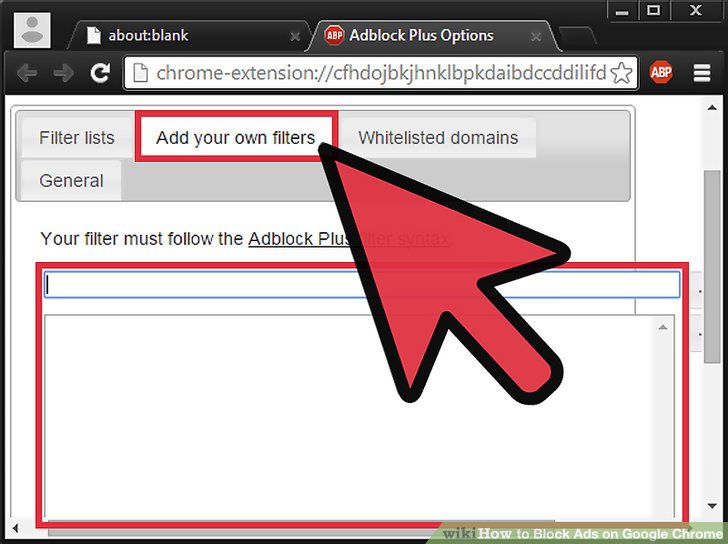Google Helps Publishers Prep For Chrome Ad Filter
by Erik Sass , Staff Writer @eriksass1, June 2, 2017
While many publishers were initially skeptical about Google’s rumored plans to introduce an ad-blocking – sorry, ad-filtering – tool in its next edition of the Chrome Web browser, industry opinion has warmed somewhat. That’s amid signs the tech giant will avoid draconian bans in favor of policing targeting the most egregiously annoying formats and delivery mechanisms.

This week brought more encouraging news, as Google revealed a timeline for the rollout and tools to help publishers prepare.
In a blog post on Thursday, Google SVP for ads and commerce Sridhar Ramaswamy reassured publishers the new Chrome ad filter will only target “annoying, intrusive ads on the Web–like the kind that blare music unexpectedly, or force you to wait 10 seconds before you can see the content on the page.”
The ad-blocker will debut sometime in the first half of 2018.
Google has promised to give publishers at least six months of warning before it goes live. That will give them a chance to familiarize or reacquaint themselves with the Better Ad Standards agreed by Coalition for Better Ads, which will help Google decide which ads are acceptable and which get the ax.
Google has also launched a new self-service tool, the Ad Experience Report, to help publishers determine whether ads pass muster, and provide guidance for removing those that don’t.
The ad-blocker will be switched on by default in the new Chrome browser, according to press reports.
At the same time, Google also took steps to combat the spread of indiscriminate ad blockers, with the launch of a new service called Funding Choices, which allows publishers to present visitors using ad blockers with a choice – either turn off the ad blocker or pay for the content themselves.
Currently in beta, Funding Choices offers ad blockers a pass that removes all ads on that or other sites, sold through the new Google Contributor platform. (When ad blockers do choose to buy a pass, Google gets 10% of the sale.)
MediaPost.com: Search Marketing Daily
(35)